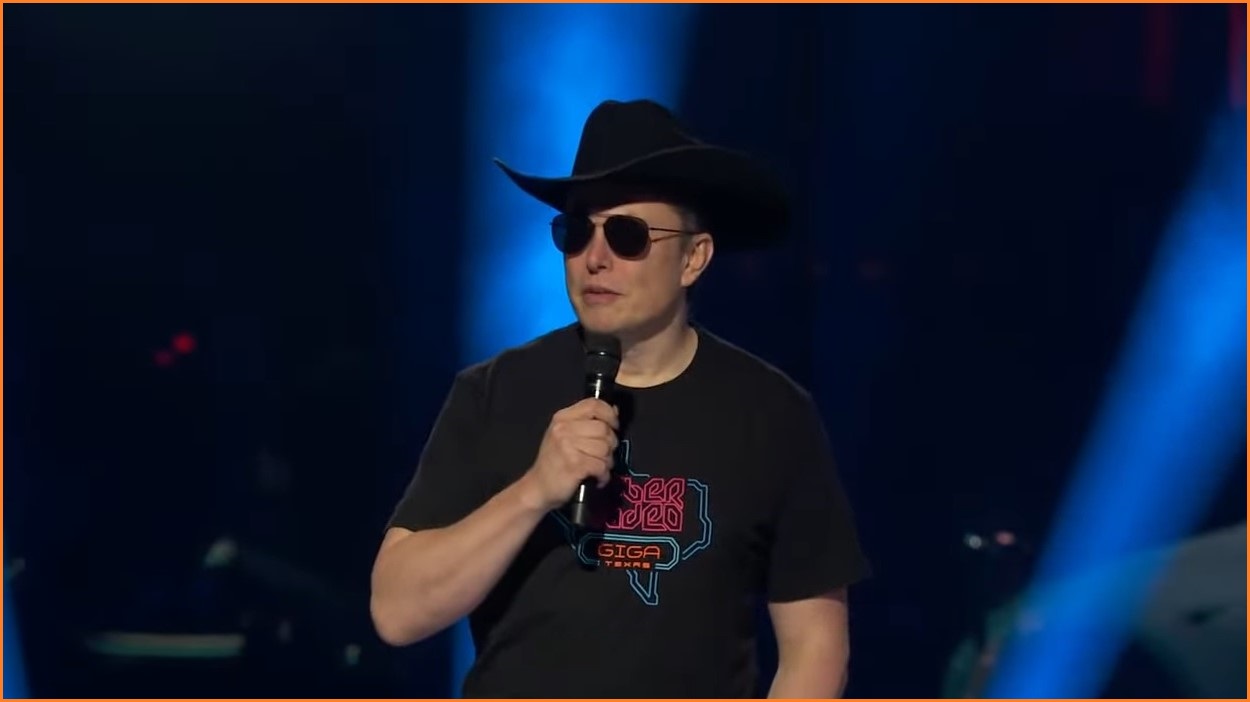Tesla CEO, billionaire, and prolific tweeter Elon Musk put his cards on the table last week, proposing to buy Twitter for US$43 billion in a bid to take the company private and “unlock” its “extraordinary potential”.
Musk framed his takeover attempt as a play for “free speech around the globe”, telling the chair of Twitter’s board, Bret Taylor, that he has no faith in the company as it currently operates, threatening to back out as an investor if he can’t get his way.
“I am not playing the back-and-forth game,” he said in a voice call, transcribed and filed to corporate regulators along with the purchase offer of US$54.20 per share.
“I have moved straight to the end. It’s a high price and your shareholders will love it.”
The board was displeased, vowing to adopt a so-called ‘poison pill’ defense which would trigger if Musk – or anyone else – took more than a 15 per cent stake in the company.
Musk currently owns 9 per cent of Twitter’s outstanding shares.
Formally known as “shareholder rights plan”, the poison pill would see Twitter offer other shareholders a discount on new shares to halt the takeover by diluting the aggressor’s – and other shareholders’ – stake.
But Musk isn’t backing down.
He is currently looking to secure the mammoth debt needed to land his US$43 billion offer from investment banks, according a New York Times report on Wednesday citing anonymous sources.
Exactly how Musk would fund his takeover bid was a point of speculation last week given his private net worth is derived from Tesla shares – over $1 billion of which he sold last November – and he doesn’t exactly have US$43 billion sitting in a savings account waiting to buy social media companies.
Taking Twitter private at $54.20 should be up to shareholders, not the board
— Elon Musk (@elonmusk) April 14, 2022
Musk is trying to get financing for his bid by borrowing against his Tesla shares, the Times’s sources said, and has tapped investment bank Morgan Stanley ringing around trying to get the money.
He is also considering partnering with other private backers for equity on the bid, with Apollo Global Management tipped as one possible partner.
The public battle between Musk and Twitter’s board has been ongoing for a month following his quiet acquisition of $3.85 billion (US$2.89 billion) worth of Twitter shares in March.
Twitter offered the extremely influential Musk a seat on its board in an attempt to keep him on-side but Musk walked away from the deal that would have limited his ability to buy up more company shares.










